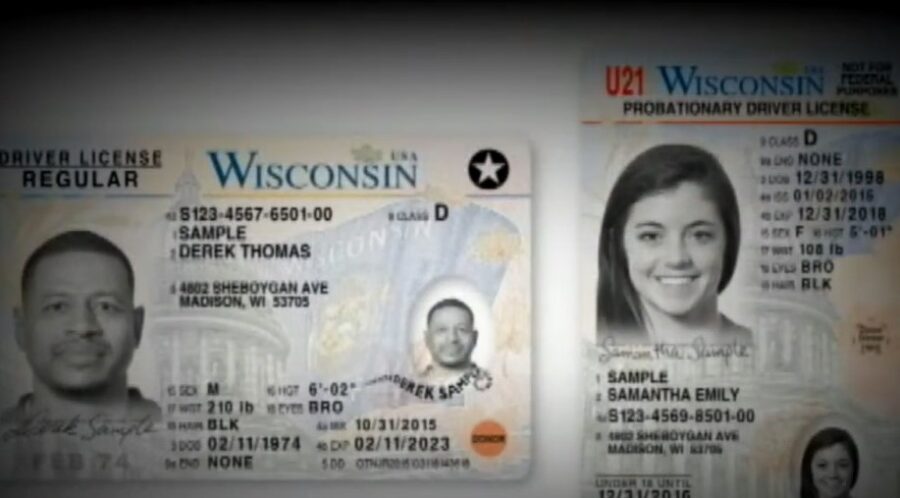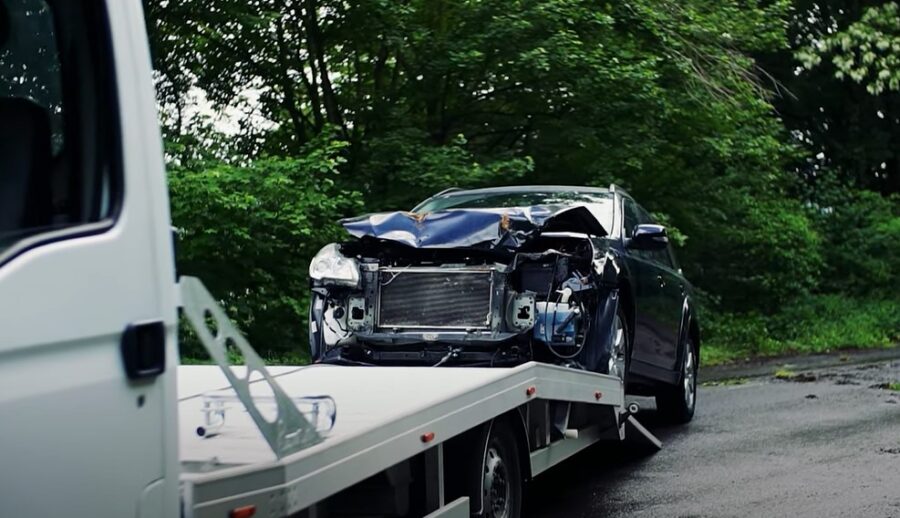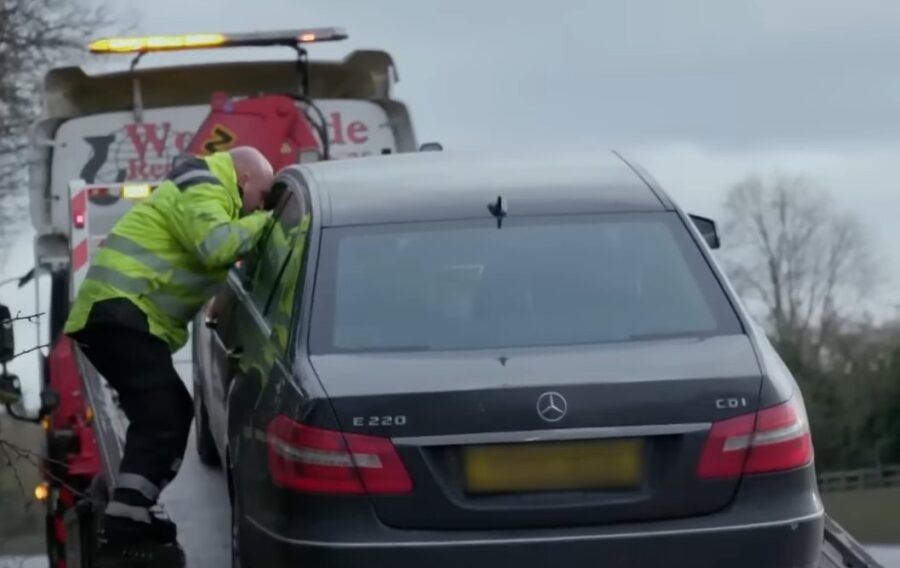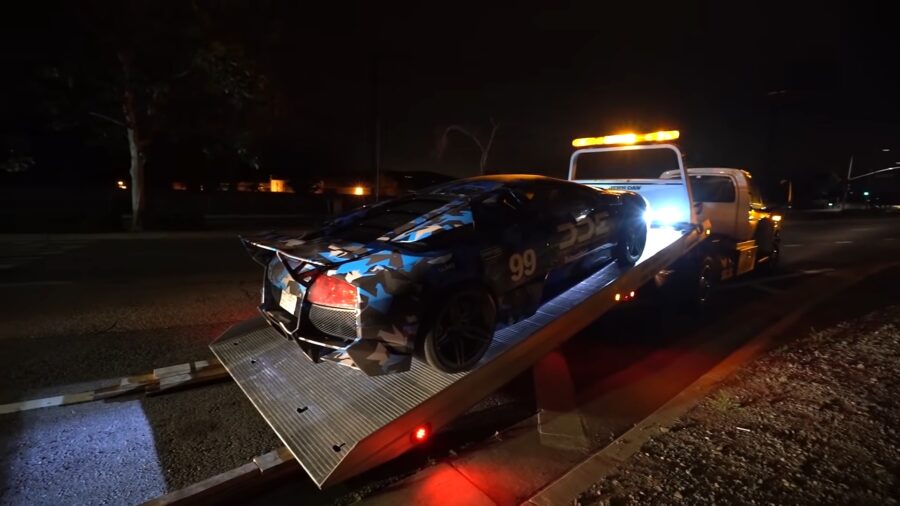Having your car impounded by the police can be a nerve-wracking experience. Depending on the offense, your car will be held by the police until the release fee is paid. To get your car back you’ll likely have to pay a hefty fee and face some serious consequences.
In this article, we’ll take a look at what happens when your car is impounded by police and how you can retrieve it.
Reasons for Impoundment
There are a number of reasons why police may impound your car. Generally, it is when you have broken the law or been caught violating the terms of your driving license. It’s important to understand the different reasons for impoundment to ensure you don’t end up faced with this situation.
Let’s explore the various reasons your car may be impounded.
Driving Without a License

It can occur if a driver is found operating a motor vehicle without a license. Individuals are expected to carry proof of their license with them at all times when driving, and if they do not have this on their person, they can be pulled over and ticketed by the authorities.
If no valid license is located during the traffic stop, officers may order that the vehicle is to be impounded at the owner’s expense. The officer may also decide whether or not they will allow the individual to retrieve any of their personal items from inside the car before it is towed away.
Depending on your state regulations, you may still be charged for impoundment even if your car was parked in an illegal area; this could result in multiple fines and citations, which can add up quickly.
Driving Under the Influence
Driving under the influence (DUI) of alcohol or drugs is a serious offense and can result in the impoundment of your vehicle. The police may choose to impound a vehicle if they believe that the driver was impaired at the time of driving, or if their blood alcohol content exceeded legal limits.
In some cases, drivers may be charged with DUI even without having actual proof that their impairment affected their ability to operate a motor vehicle; this is known as an “implied consent” state. Other factors may also contribute to police taking an individual’s car into custody; for example, requests from prosecutors or judges may sometimes result in vehicle impoundment to prevent further criminal activity involving a person’s car.
Refusal to submit to sobriety tests when the authorities have reason to suspect impairment due to alcohol can also lead to police taking control of one’s car.
Driving Without Insurance

In some states, if a person is caught driving without insurance, the police can impound their vehicle as a precaution against future risk. Depending on the state, an uninsured driver may face fines or other penalties as well, such as license suspension. In certain cases, uninsured drivers may even have to surrender their license plate and replace it with a new one before their vehicle can be released from impoundment.
All of these measures are meant to discourage drivers from operating vehicles without adequate insurance coverage.
Reckless Driving
Reckless driving is one of the most common reasons vehicles are impounded. This type of driving can be defined as operating a motor vehicle in an intentional or highly negligent manner that is likely to threaten lives, property, or public safety, resulting in significant danger or bodily harm.
A variety of reckless driving behavior falls under this description, including aggressive speeding, sudden swerving, and performing illegal maneuvers such as donuts and burnouts. If a police officer observes this type of driving, they have the authority to take possession of the vehicle by having it impounded.
Other possible reasons may include involvement in a hit-and-run accident, not having insurance or registration on record with the DMV, connecting with a stolen vehicle (even if it’s not your own), or possession of illegal drugs while operating a motor vehicle. The length of impoundment may vary depending on the exact type and severity of an infraction; however, it can often be extended if further investigation is required. Understandably though these charges should never be taken lightly – as any type of conviction surrounding reckless driving could lead to more serious consequences down the line including fines and increased insurance rates.
Impoundment Process
The process of impounding a car is straightforward, but it can be stressful and costly.
Here, we will discuss the impoundment process in detail, from the moment when your car is taken to the moment it is released.
Notification of Impoundment
The police will usually notify you that your vehicle is going to be impounded. Depending on the circumstances, this could be done in person at the scene, or you may receive a letter from the local police department informing you of the impoundment.
In many cases, this notification will include information about redeeming your car, either immediately or once any mandated waiting period has expired. You will also likely be informed of any associated fees and may need to present paperwork—such as proof of insurance—in order to retrieve your vehicle.
Release of Vehicle
Once the impound Officer has accounted for all vehicles submitted for impoundment and reconciled with dispatch, the release of the vehicles happens. Any impounded vehicle will not be released unless all outstanding fees are paid or documented as waived/forgiven.
The receipt of any key or remote device issued to an individual releasing an impounded vehicle is generally recorded. Standard operational procedures include noting the number, type, and color of keys issued, and positively identifying the keys by color codes or registration numbers.
The independent monitoring system ensures that personnel processing any towing job are successful in ensuring that any call given to them is completed satisfactorily and provides assurance that the specified policies and procedures were followed professionally by personnel from beginning to end of each tow calls assigned.
Fees and Penalties
If your car has been impounded by the police, you will have to pay different fees and penalties in order to get it back. Depending on the jurisdiction, you may be required to pay a towing fee, a registration fee, and a storage fee. You may also have to pay a fine or a criminal fee.
Let’s take a closer look at the types of fees and penalties that may be associated with your impounded vehicle.
Impoundment Fees
When your car is impounded or towed by law enforcement, you will be responsible for all associated fees. Generally, the fees will include administrative and towing costs, as well as storage expenses. Depending on the local laws in effect, law enforcement officers may also charge an impoundment fee that may range from $50 to over $1,000 in extreme cases.
It is important to note that not all law enforcement agencies charge an impoundment fee; some simply require you to cover the costs associated with auctioning off your vehicle if it was seized due to a violation of state laws or regulations regarding vehicles. Additionally, certain states have laws that limit how much police officers can charge for impoundment fees, so check with your local authorities before you assume the cost imposed by law enforcement is binding.
To get your vehicle released after being impounded by police officers, pay all applicable fees and present any necessary paperwork such as proof of insurance and driver’s license. In some situations, you may need special permission from a judge or other governmental authority before your vehicle can be released from police custody.
Storage Fees
When your vehicle is impounded, storage fees often apply and can include administrative, towing, gate entry, and daily storage. Depending on local laws, you may be held liable for these fees if the police have a reason to impound your car. Storage fees are typically charged by the day or week.
Some jurisdictions also have additional cleanup charges for cars left in state custody. These charges can include kennel fees for pet remains or repair of water or fire damage caused by leaving items in the car for extended periods of time.
Be sure to contact local law enforcement to determine what charges may apply before attempting to reclaim your vehicle.
Other Penalties
Apart from the fees imposed for impounding and towing, people whose vehicles are impounded by police may be subject to additional penalties.
If the individual is determined to be driving under the influence of a controlled substance or alcohol, they could face imprisonment and fines. The potential financial consequences can range from a few hundred dollars for a first-time offense to several thousand for multiple offenses. Additionally, DUI convictions often result in suspended or revoked driver’s licenses and points assessed against their driving records. Some states additionally include community service requirements as part of DUI punishments.
In addition, if an infraction is serious enough – such as reckless driving or hit-and-run — the perpetrator may face criminal charges including jail time, rehabilitation, license suspension or revocation, and several other potential penalties, depending on their individual case and the laws in their state.
Prevention

By being aware of the possible reasons why a car can be impounded and understanding how to prevent it, you can avoid this scenario.
Let’s take a look at the different ways to prevent your car from getting impounded.
Drive Legally
Driving legally is the most important thing you can do to avoid having your car impounded by the police. Be aware of the speed limits in any given area, check your mirrors and blind spots when turning, and keep a safe distance from other vehicles.
Keep up with any scheduled maintenance for your vehicle and take it for regular checkups to make sure all equipment works properly. Additionally, be mindful of any local driving rules: Some states or counties may have specific restrictions on where and when certain types of vehicles are allowed; these rules may be put in place for safety reasons or to improve traffic flow.
Lastly, never drive while you’re under the influence of alcohol or drugs; not only is this dangerous but it’s also illegal and can lead to impoundment. Driving safely should always be a priority regardless of whether or not police are present.
Obtain Proper Insurance
If you want to prevent your car from being impounded, you need to make sure that you have the proper insurance. This includes ensuring that your insurance covers the type of vehicle that you drive, and that it meets the legal requirements in your state.
Additionally, check the limits of your policy for liability and uninsured motorist coverage, as well as any other extras like roadside assistance or rental car coverage should your vehicle be totaled.
Follow Traffic Laws

When you’re on the road, it’s important to follow traffic laws to help avoid having your car impounded by police. It’s also important to remember that different laws may apply in different states and provinces, so it’s always best to familiarize yourself with the laws of the jurisdiction you are traveling in.
Some examples of laws that may land you in trouble include:
- Driving without a license or car insurance
- Speeding or other reckless driving
- Illegal turns
- Failing to stop at a stop sign or signal
- Crossing solid yellow lines when not turning left
- Failing to yield when entering an intersection
- Ignoring mandatory seatbelt and child restraint regulations
- Using streets designated for travel in only one direction
Breaking any of these laws can lead to your vehicle being impounded. Other serious crimes such as driving under the influence, fleeing from police vehicles, or carrying illegal substances can also result in the impoundment. To avoid having this happen, be sure you drive defensively and obey all applicable traffic rules and regulations.
FAQs
Can I retrieve items from my impounded car?
You may be able to retrieve personal items from your car, but you will need to contact the lot to arrange for access.
What happens if I don’t retrieve my impounded car?
If you don’t retrieve it within a certain timeframe, it may be sold at a public auction to recoup the impound and storage fees.
Can the police impound my car for a parking violation?
Yes, they can, particularly if the violation is considered a safety hazard.
What should I do if my car is impounded by the police?
If your car is impounded by the police, you should contact the local police department and the impound lot to determine the reason for the impoundment and the steps required to retrieve your car.
How can I prevent my car from being impounded by the police?
You can prevent your car from being impounded by the police by ensuring that your registration is up to date, obeying traffic laws, and avoiding any involvement in criminal activity.
Conclusion
In conclusion, having your car impounded by the police can be a stressful and frustrating experience. Whether it’s due to a traffic violation, expired registration, or involvement in a crime, there are a variety of reasons why your car may be impounded. It’s important to understand the impoundment process, including the associated fees and requirements for retrieving your car.
If your car has been impounded, it’s essential to act quickly to avoid additional fees and the potential auction of your vehicle. By following the steps outlined in this article, you can navigate the process of retrieving your impounded car with greater ease and clarity.

